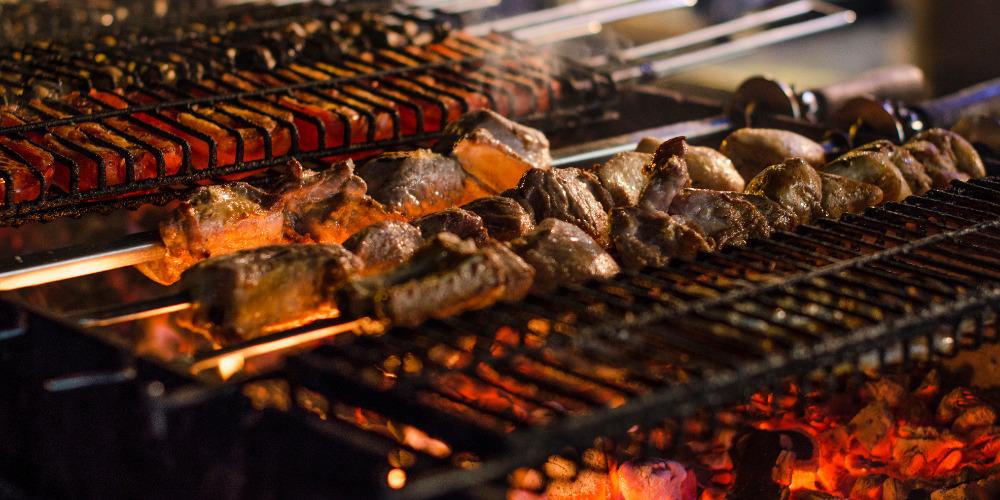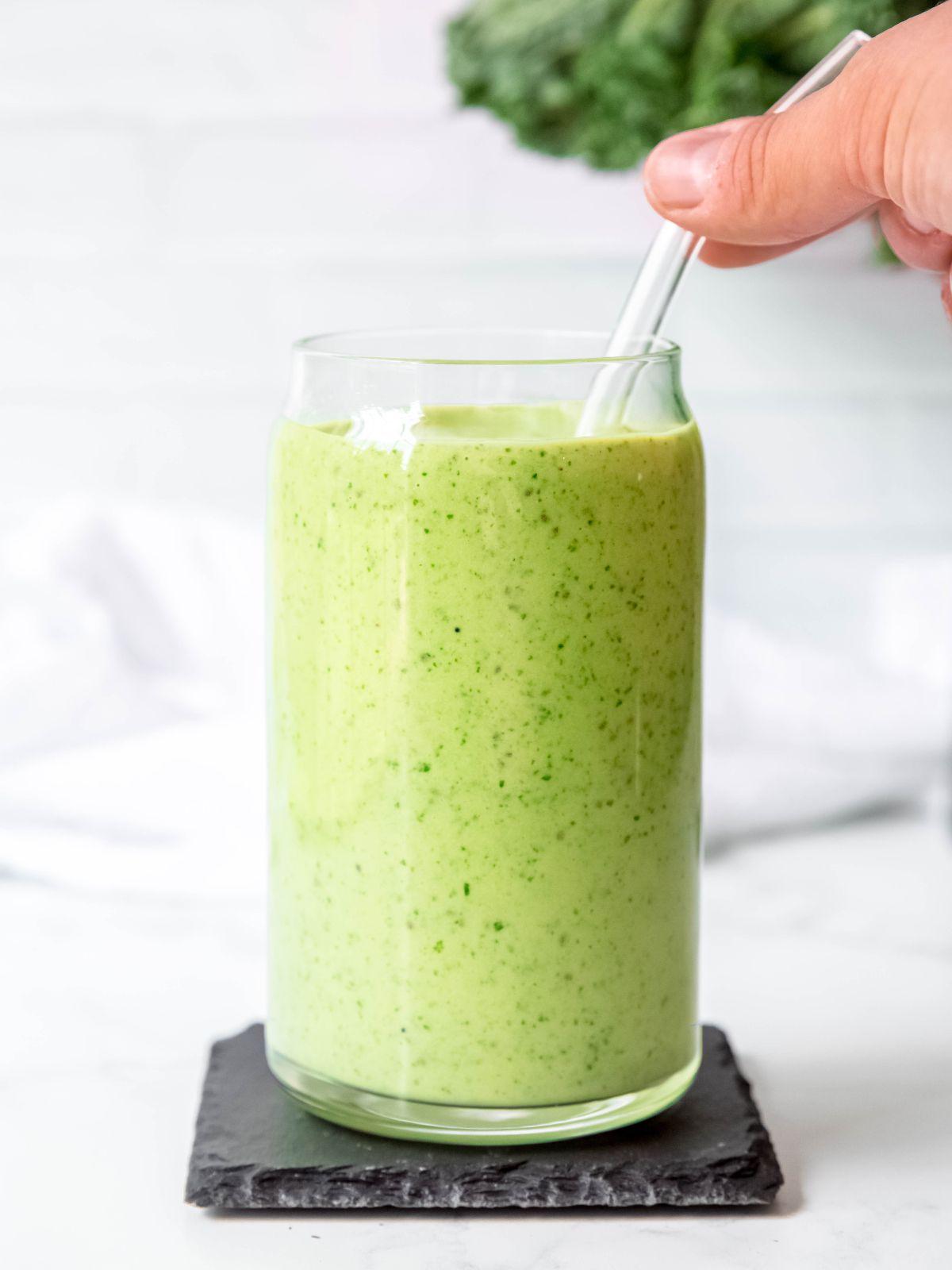Food serves as a universal bond that unites people across the globe, surpassing mere sustenance for the body. It embodies a cultural expedition that fosters connections, unveils historical narratives, and tells tales of origin. Exploring diverse cuisines becomes an exhilarating pursuit for those with a refined palate. For enthusiasts captivated by gastronomy, the opportunity to savor authentic delicacies from around the world holds an undeniable allure. However, in the event that physical travel is not possible, the advent of virtual private networks (VPNs) allows individuals to partake in international fare, all from the comfort of their own homes. In this scenario, one can embark on a gastronomic journey without limitations.
How VPNs Bring International Cuisine to Your Kitchen?
With a VPN, you can connect to servers across the globe, which opens up a world of options for you to explore. If you’re in the mood for some tangy and fiery street food from Mumbai, VPNs can help you access local Indian delivery apps like Zomato and Swiggy. Satisfy your cravings for spicy chutneys, butter chicken, and tandoori delights by getting them delivered to your doorstep.
If your taste buds are craving something more from South America, using a VPN to go “virtually” to Brazil opens up a world of endless culinary choices. Brazil has some of the best meat cuisines in the world. You can access delivery apps with a Brazilian VPN and enjoy Brazilian steaks like the “churrasco.” The VPN’s location-spoofing capabilities could also help you access Brazilian classics such as feijoada – a meat and black beans stew served across Brazil.
1. Access to Geo-Restricted Sites
Using different ingredients or techniques, cooking styles can vary widely from region to region. Suppose you want to learn the art of folding Chinese dumplings, leavening French bread, or making a spicy bowl of Korean ramen. In that case, you need to find an expert source in that particular cuisine. With the help of a VPN, you can change the virtual location of your device to the country of your choice, and then Google the local food blogs, streaming services, and other cooking resources directly. Even some cooking websites restrict access to specific regions; with VPN, you can work around such geo-restrictions.
Obviously, if you’re willing to go further, you’ll be able to find many new flavors and recipes, but for that, you’ll need to pick up a good VPN for Edge. It doesn’t have to be Microsoft Edge, the same applies to other browsers. The principle of installing Edge VPN is the same as in alternative web browsers. Just remember that even among VPNs there are many fakes and dangerous extensions. For example, you can install VeePN. It has good reviews and a balanced value-for-money service.
2. Discover New Ingredients and Dishes
Sometimes, you might not know what specific dish you’re looking for, but you want to try something new and exciting. Using a VPN can also help you explore a world of unfamiliar ingredients and regional specialties. By browsing a local market or online store in another country virtually, you can learn about new ingredients, and regional dishes, and even explore translation tools to identify and compare local dish names. VPNs make it easier to discover new ingredients and recipes from all corners of the world.
3. Access to Exclusive Recipes and Cooking Shows
Traditional cuisine is, without a doubt, one of the most valuable aspects of cultural heritage. Learning how to prepare authentic dishes from around the world requires expertise. Most of these skills and recipes are passed orally from generation to generation. With the advancements in technology and the widespread availability of digital content, you can now access a wealth of information about your favorite food culture online. With the aid of a VPN, you can access streaming services from different regions in their original language and experience exclusive cooking shows and recipes from famous chefs worldwide.
4. Ensure Privacy and Security
When surfing the internet, you must be aware that not all websites are safe, and your personal information, including your IP address, could be exposed. VPNs provide a secure connection that prevents your online activity from being monitored by third parties. Beyond privacy concerns, cyber threats come in different forms, from malware to hackers that could access your device’s sensitive information. By using VPN protocols, users can encrypt their data, making it more challenging for cybercriminals to decipher it, ensuring a safer, more enjoyable online experience.
Conclusion
Virtual private networks provide an array of benefits for individuals who are passionate about food and intrigued by diverse cultures around the globe. By utilizing VPNs, users gain access to exclusive cooking shows, can explore local markets, and discover new and exciting ingredients. VPNs have undoubtedly revolutionized the way people experience global culinary cultures, all from the comfort of their own homes. Prior to selecting a VPN service, it is important to conduct thorough research to ensure compatibility with your device, optimal connection speeds, and suitable protocols to meet your specific mobile or desktop requirements. Embark on a delightful food journey with your newfound global virtual passport!


